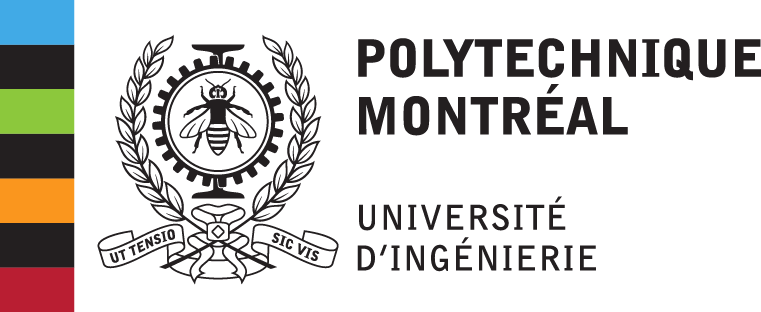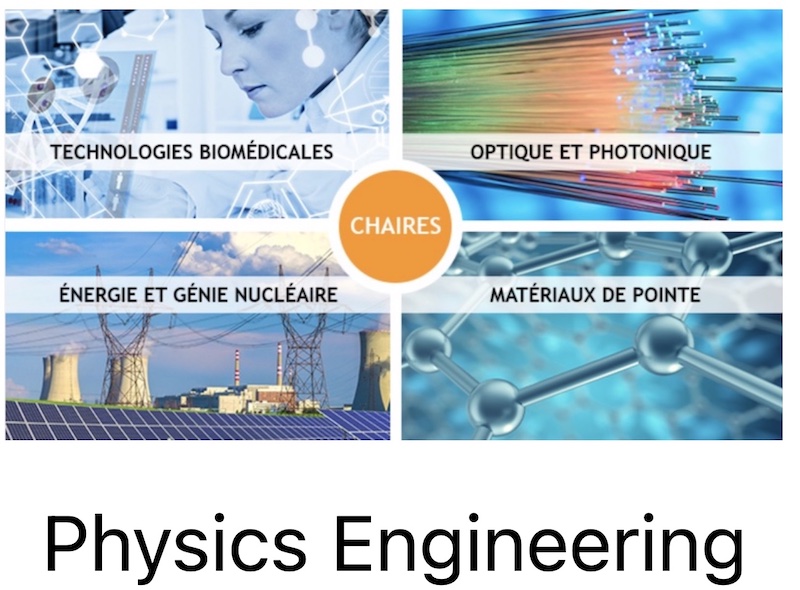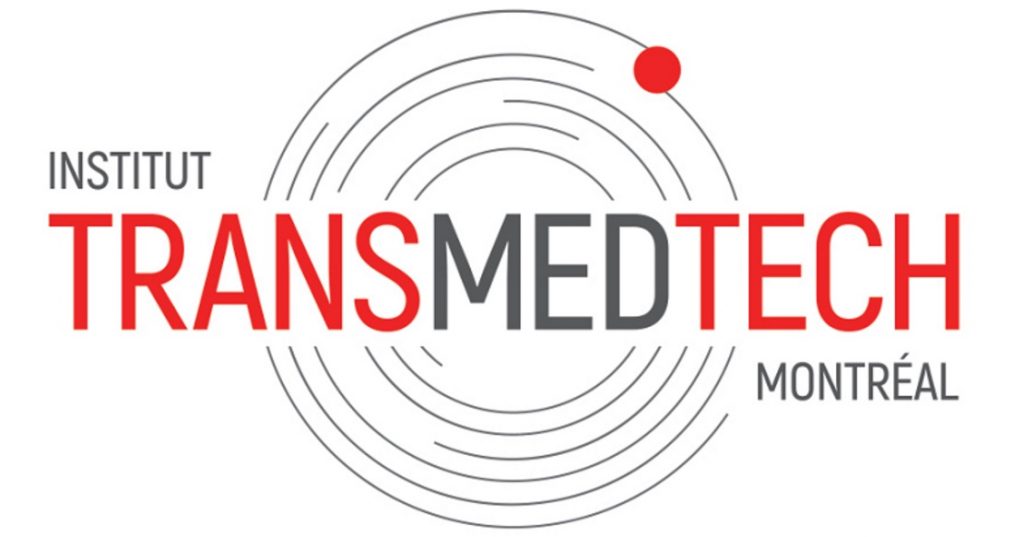PHS8220 Spectroscopy
Interaction of an electromagnetic wave with atoms and matter. Lifetimes of excited states. Rayleigh and Raman scattering. Broadening mechanisms. Spectroscopy instrumentation: sources, detectors, dispersion and interferometry. Symmetry: application of point theory, classification of states and determination of permitted transitions. Rotational spectroscopy and its applications: rotational energies and determination of molecular composition and configuration. Vibrational spectroscopy and its applications: vibrational modes and principles for identifying a compound from its spectrum. Electronic spectroscopy and its applications. Spectroscopy of solids: band structure, transitions and optical properties, excitations (excitons, polaritons, plasmons, etc.). Quantum nanostructures and their advantages for technological applications.
Moodle: Spectroscopy PHS8220 (Hiver)
GBM6953CE : Plasma for bio-medicine
Physical plasma is often termed the fourth state of matter. What makes plasma one of the most versatile tools of modern technology? Cold physical plasmas operating at room temperature are now in use in hospitals in the field of plasma medicine. This new research field has gained vast attention in recent years not only due to the success in plasma treatment of chronic wounds, but also due to the promising results of first studies of plasmas in cancer therapies.
An introduction into the physics of plasmas will be given: Where lie the extreme points of plasma? What is the range of naturally occurring and artificially produced plasmas? How are the respective plasma properties determined and what are the fundamentals of plasma physics? A closer look at plasma-surface and plasma-liquid-interaction, electron- and ion properties, as well as different plasma models will be taken.
The lecture course will focus on current and future plasma applications in life science and on interaction of plasmas with biological systems, ranging from material synthesis for implants to disinfection and sterilization of medical devices to therapeutic applications of cold physical plasmas. Many mechanisms that lay the foundation of plasma medicine have been identified in experiments but especially in targeted therapy, several hypotheses have yet to be proven. The lecture course presents the state-of-the-art in plasma-bio research at the frontiers of science combining physics and medicine.
PHS6910 : Séminaires de génie physique
This course, mandatory for Engineering Physics Master and Doctorate students presents invited speakers from around the world, presenting topics of current research in physics and engineering
| Course | Group | Day | Room | Teachers |
| PHS6910 | 01 | Thursday | A-404 | Lucien Weiss, Nicolas Quesada, Reuter, Stephan |



